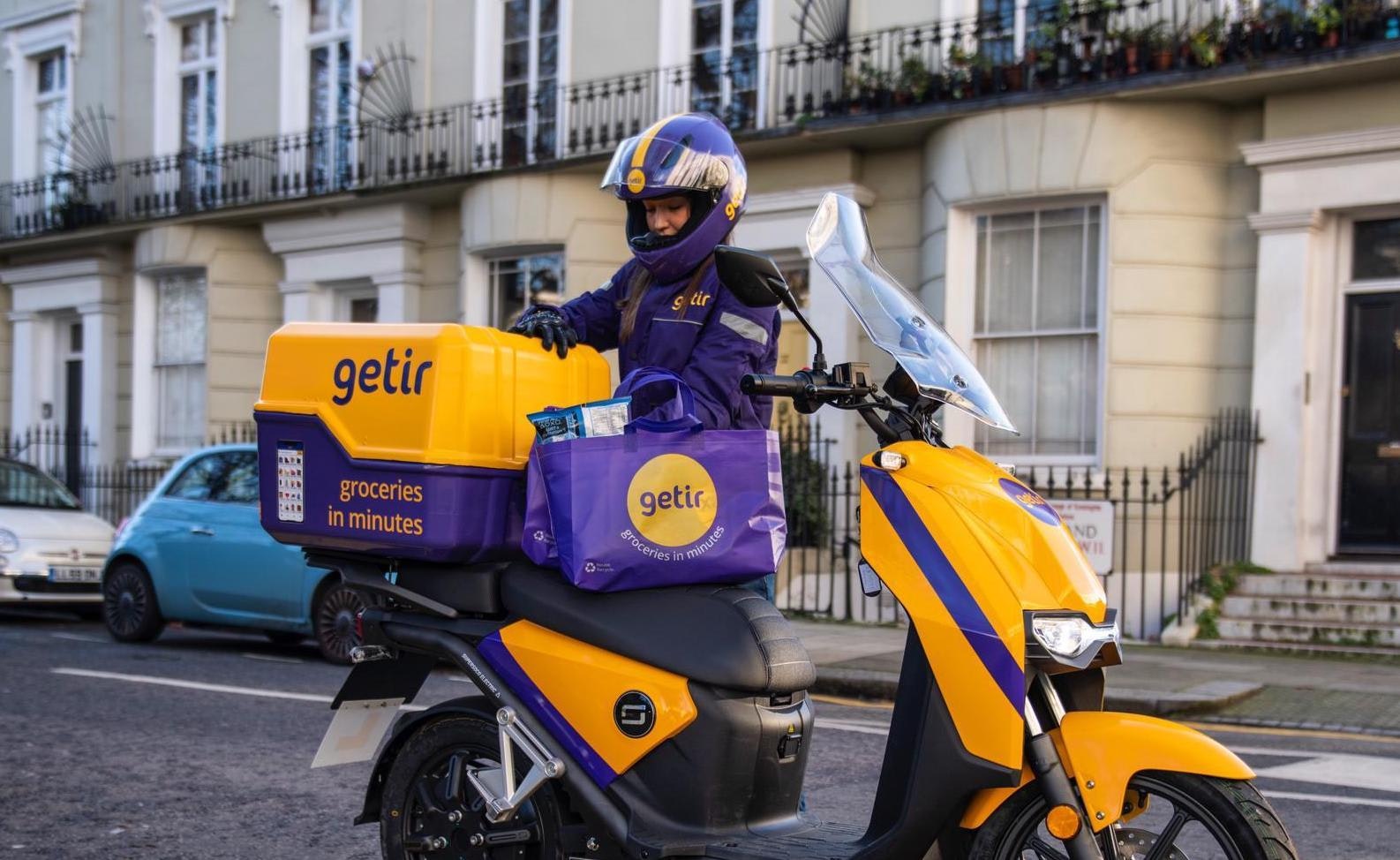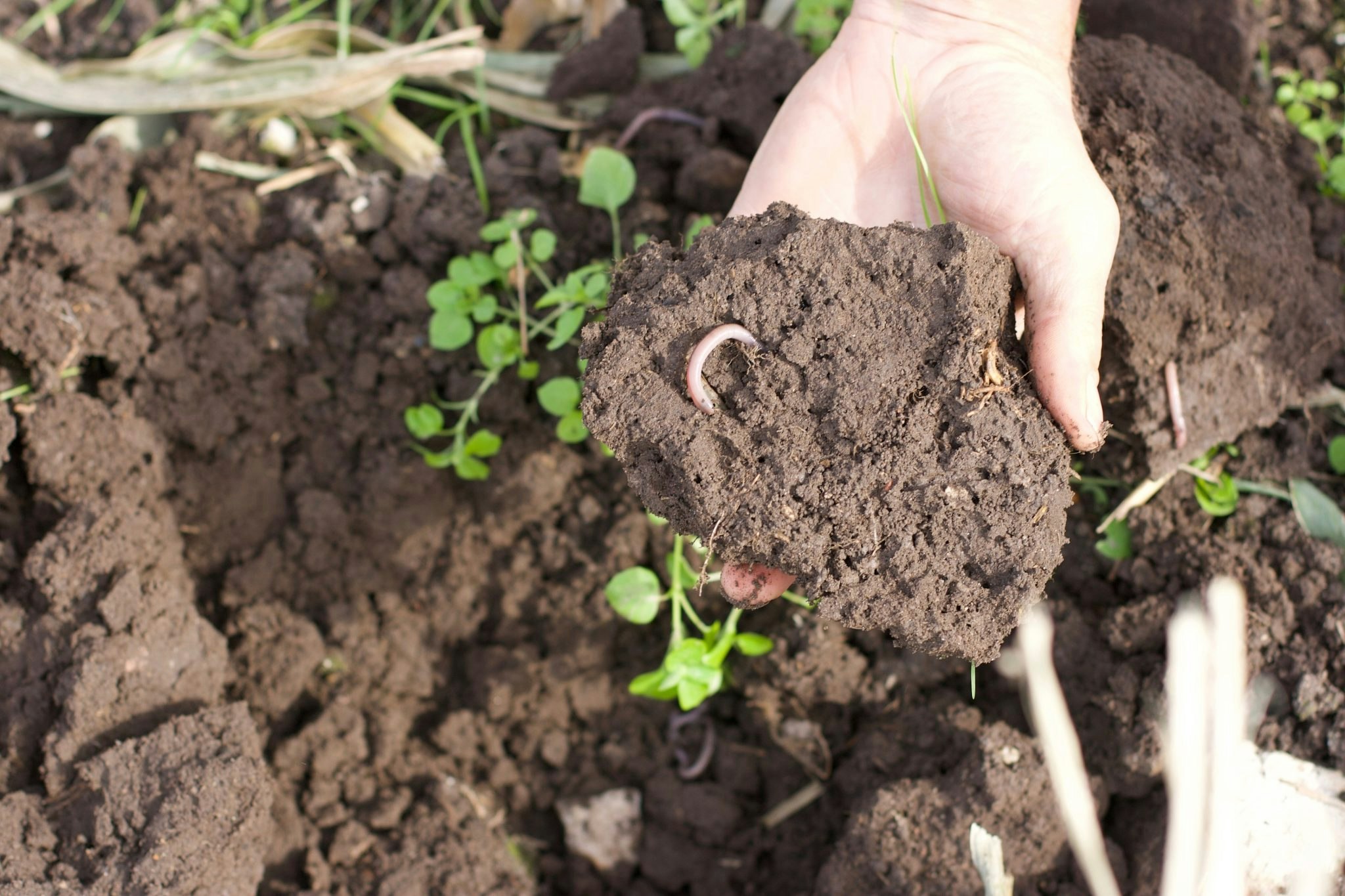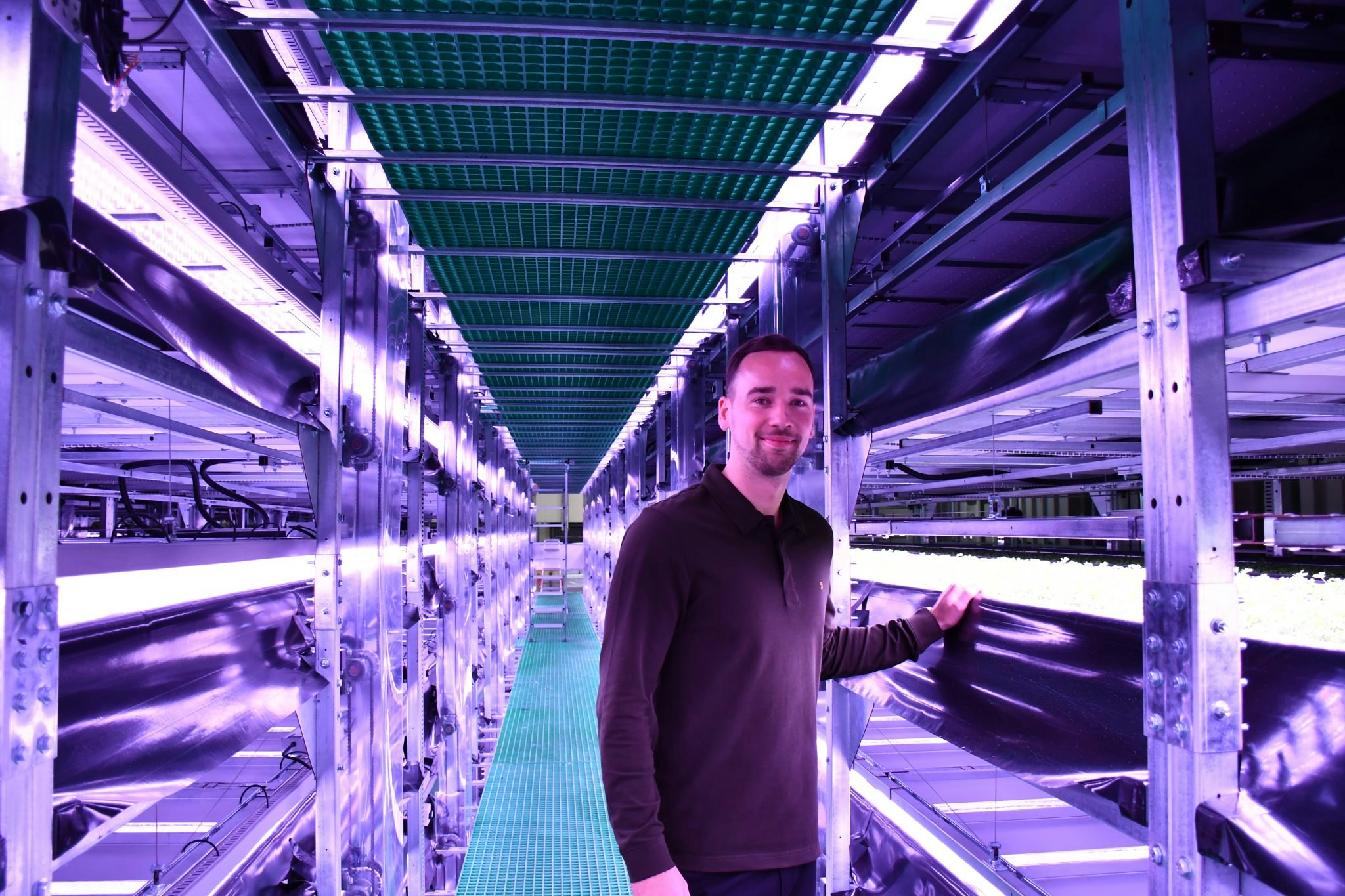Norwegian online grocery store Oda (previously Kolonial) is today announcing a €150m funding round at a post-money valuation of €350m — less than half of what it was valued at in 2021.
The company launched its online grocery service in Norway in 2013 and last year began expanding across Europe. So far it’s launched in Finland and is due to expand into Germany by year-end. Owing to new market conditions, however, the company has chosen to expand at a reduced scope and pace, which means it will seek profitability in those two new markets before entering any new ones.
The capital raised will be used for its expansion in Finland and Germany.
The investors
The investors (equal split) in the €150m funding round were:
- Impact fund Summa Equity;
- Growth investor Verdane;
- Existing investor Kinnevik.
In addition, Kinnevik and other existing shareholders Prosus and Rasmussen Group have agreed to invest another €60m in equity through debt conversion (where the debt is converted into shares in the future).
One current shareholder that's missing in the latest funding round is SoftBank. The Japanese investor’s Vision Fund II co-led Oda's €223m round in the spring of 2021. But following a plunge in startup valuations wiping millions from its fund's value, SoftBank has been forced to slow down investments for the time being.
Valuation drop for Oda
When raising its funding round in April last year, Oda was valued at €750m. A couple of months later, an unknown buyer bought 40m shares from smaller owners in a deal that valued the company at approximately €1bn (above the unicorn mark of $1bn).
The company says it has the world’s most efficient warehouse system, which has a UPH (average units processed per labour hour) of more than 212, which is way ahead of the competition — the UK’s Ocado, considered a leader in grocery technology, had a UPH of above 200 at its newer sites in the first half of 2022.
“This was all actually at our old warehouse. So our old one was already the world's most efficient, and now the new site will be even more efficient than that,” says Oda’s founder and CEO Karl Munthe-Kaas.
Efficiency, however, wasn't enough for Oda to keep its unicorn status. Kinnevik, which owned 21% of shares prior to the latest fundraising, downgraded the valuation of its stake in Oda to 645m SEK (€60m) in Q3 2022 — which put the value of the whole company at just above 3bn SEK (€275m).
According to Kinnevik, the latest round puts the company’s total valuation approximately 20% lower than it was in Q3, at €350m post-money.
“It is a natural result of simply having higher interest rates and higher risk premiums. It means that nothing has changed in the curve from the investment phase to profitability, but now the cash has a very different value than it had a year ago. That's just something you have to accept,” Munthe-Kaas says.
“Then on top of that, we were raising money at the worst possible time. It hit us just as we were already on our way into these countries.”
Online grocery market crunch
Oda isn't the only online grocer to be hit by the latest market crunch. Swedish Mathem, which Kinnevik owns 31% of, had its valuation cut by 75% when Kinnevik did a “fair valuation” of its shareholding.
The reason the valuation has been downgraded has much to do with its projected revenue performance for next year. With a rise in the cost of living, sales in the online retail market and food market have contracted. Ocado, the UK leader in this space, saw a drop in revenue by 4% and an increase in losses to £211m for the first half of this year.
According to Munthe-Kaas, Oda has, however, shown operational profitability in 2021 (of approximately €3m) in Norway, where it has about 70% of the online grocery market, and sales in the last few months are up by 15% to 20% compared to the same period last year. The reason for this is that Oda has managed to cut the cost of prices to be competitive with physical discount stores — this is something few other egrocers have succeeded in doing.
It is also claiming to cut food waste by as much as 75% in comparison to physical stores. According to Munthe-Kaas, this is partly because its warehouse is managing the same amount of groceries as 60 physical stores, and with higher volumes a lot less waste is accumulated.
Sifted's take
Grocery delivery startups have been hit hard recently, and with the rise in the cost of living, the challenges facing the sector will continue. However, Oda has already managed to show profitability in Norway, and has so far not seen the same revenue drop as its international competitors.
Whether it can duplicate its success in new markets depends on logistics and efficiency, and how quickly it can reach the same level of sales as it has in its pretty small and uncompetitive home market.


